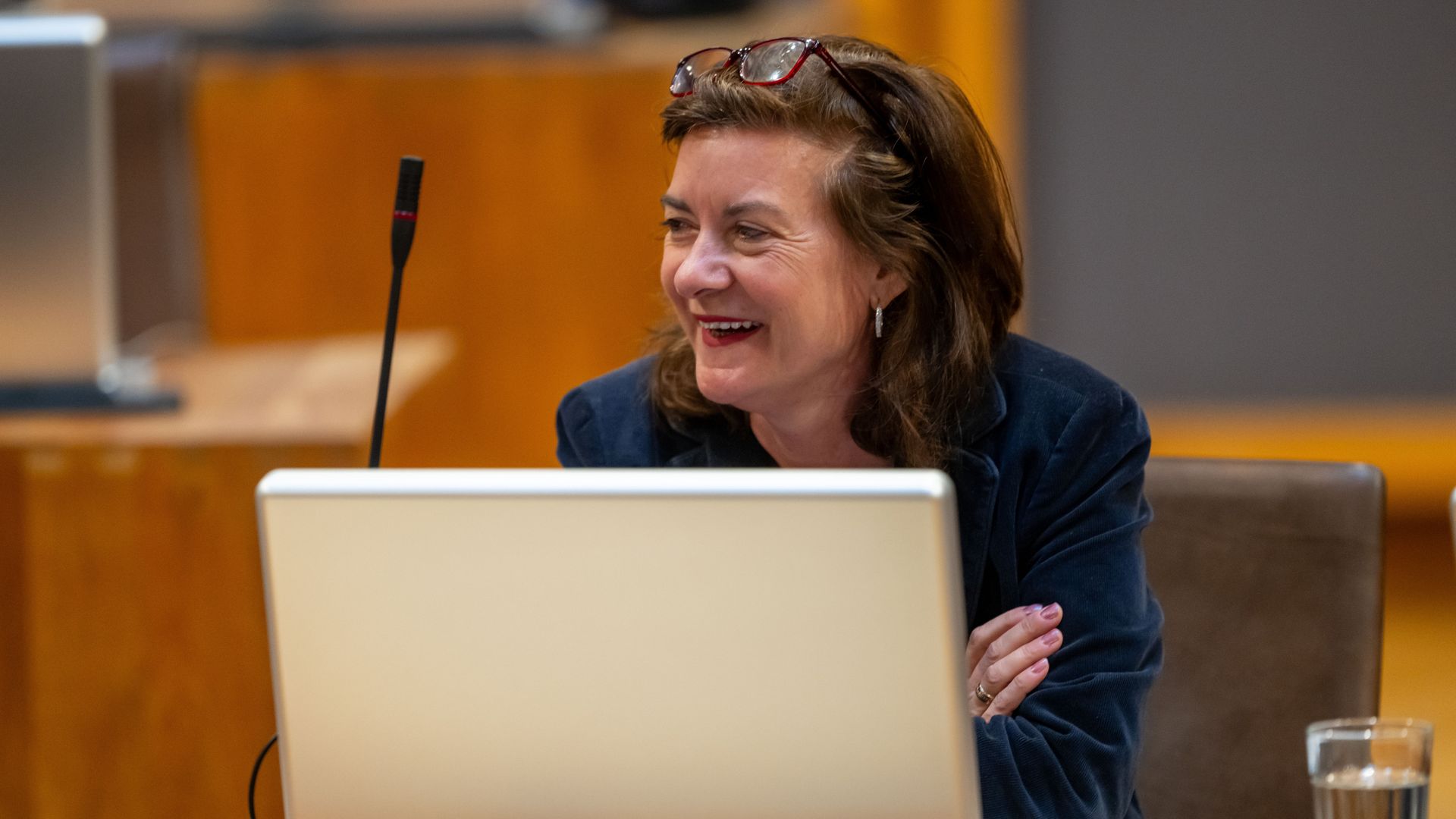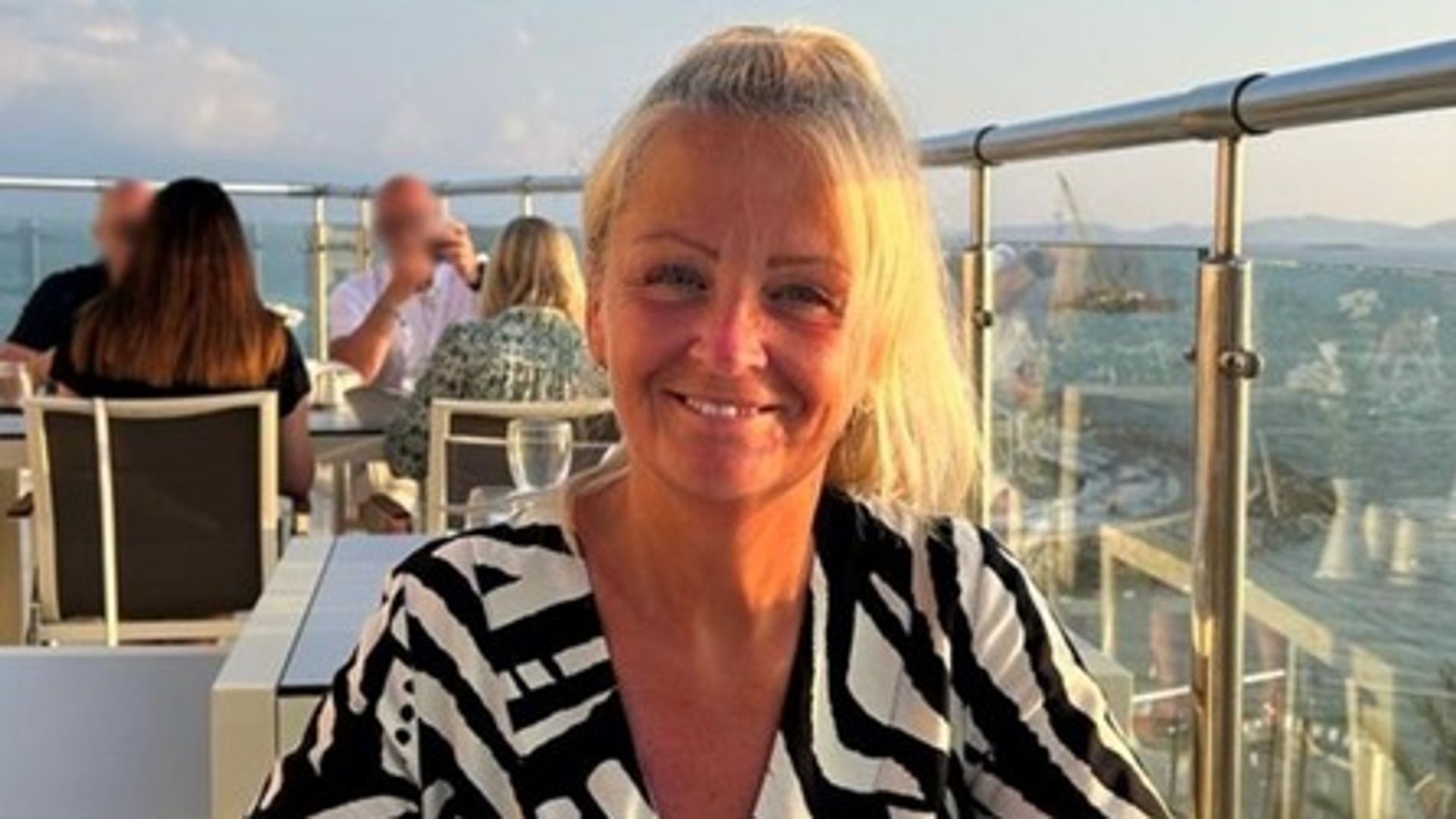MPs are set to debate assisted dying today, after a campaign backed by the journalist and campaigner Dame Esther Rantzen.
The 83-year-old Childline founder, who has stage four lung cancer, revealed in December she had joined the assisted dying clinic, Dignitas, in Switzerland.
But she said under UK law, her family could be left at risk of prosecution if they helped her to go to Zurich, something she branded “not right” and “not ethical”.
A petition for a debate on assisted dying, backed by Dame Esther, gained more than 200,000 signatures, triggering Monday’s session at Westminster Hall.
A number of celebrities and public figures are set to gather outside Parliament ahead of the debate.
Broadcaster Jonathan Dimbleby, whose late brother Nicholas suffered from motor neurone disease (MND), is expected to attend.
Actor Dame Susan Hampshire and campaigner Peter Tatchell are also said to be lending their voices to calls for a change in the law at a demonstration in central London ahead of the debate.
Pro-change campaign group Dignity in Dying said terminally ill people and bereaved relatives will also be among those gathered.
However, Dame Esther will not be able to attend because of her health.
In a statement, the broadcaster said she would be “watching the debate closely as it affects my own decision to go to Dignitas in Zurich if necessary, to protect my family from witnessing a painful death”.
Please use Chrome browser for a more accessible video player
Meanwhile, The Great British Bake Off judge Dame Prue Leith, another pro-change campaigner, hailed Dame Esther’s efforts in speaking out, thanking her for “everything she has done to make our politicians sit up and pay attention”.
She will not attend Monday’s debate due to filming commitments.
Labour MP Tonia Antoniazzi, a member of the Petitions Committee, is due to open the debate, while victims and safeguarding minister Laura Farris will respond on behalf of the government.
There will not be a vote following the debate.
The issue was last voted on in the Commons in 2015, when it was defeated at the second reading stage by 330 votes to 118, while a debate was also held at Westminster Hall in July 2022.
On that occasion, some 38 MPs contributed to the three-hour debate.
Keep up with all the latest news from the UK and around the world by following Sky News
Those who oppose a change in the law have voiced concerns that legalising assisted dying could put pressure on vulnerable people to end their lives for fear of being a burden on others, and argue the disabled, elderly, sick or depressed could be especially at risk.
Dr Gordon Macdonald, chief executive of the campaign group Care Not Killing, described Monday’s debate as a missed opportunity to talk about fixing the UK’s palliative and social care system.
He said: “Instead of discussing this dangerous and ideological policy, we should be talking about how to fix the UK’s broken and patchy palliative care system so everyone can have a dignified death.”
Assisted suicide is banned in England, Wales, and Northern Ireland, with a maximum prison sentence of 14 years.
Be the first to get Breaking News
Install the Sky News app for free
Read more from Sky News:
Starmer promises mental health reforms
Man dies after parachuting incident
In Scotland, it is not a specific criminal offence but assisting the death of someone can leave a person open to being charged with murder or other offences.
The Health and Social Care Committee – which did not make any recommendation for a vote on the issue, said legalisation in at least one jurisdiction is looking “increasingly likely”.
It suggested the government must be “actively involved” in discussions about how to approach differences in the law.
Labour leader Sir Keir Starmer has said he is “committed” to allowing a vote on legalising assisted dying should his party win the general election, while Downing Street has previously said it would be up to Parliament whether to debate legalising assisted dying.






